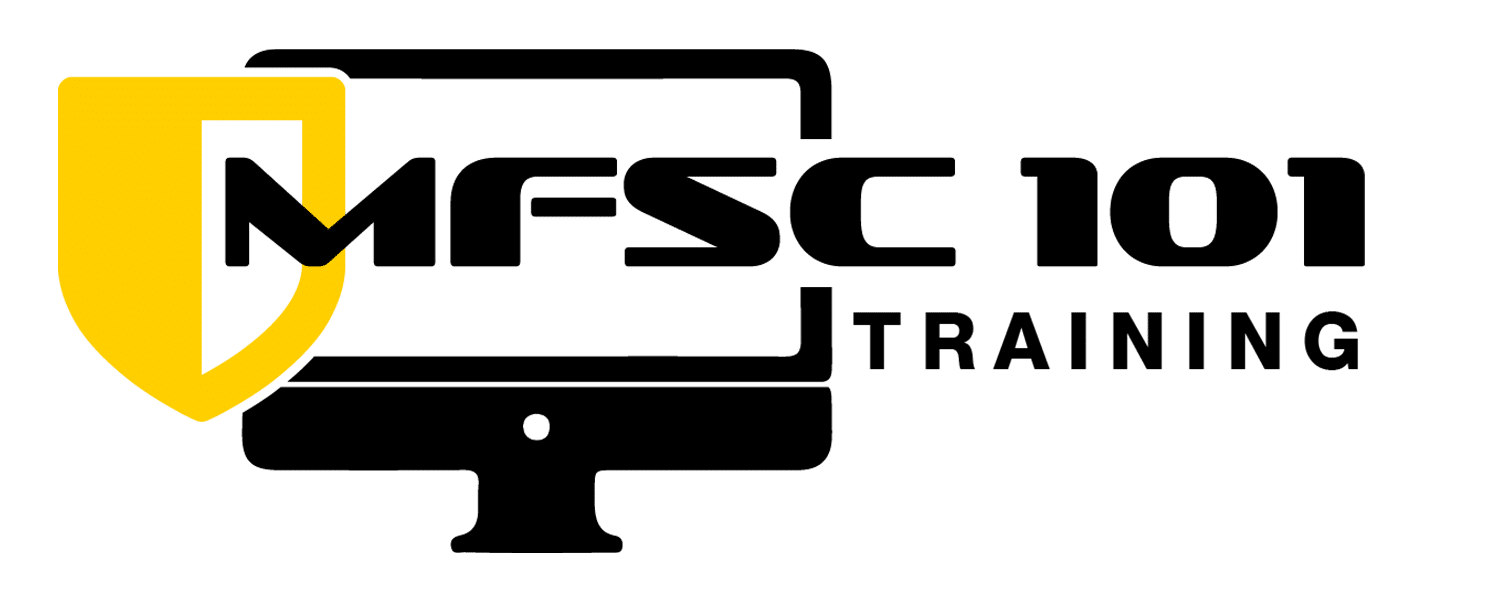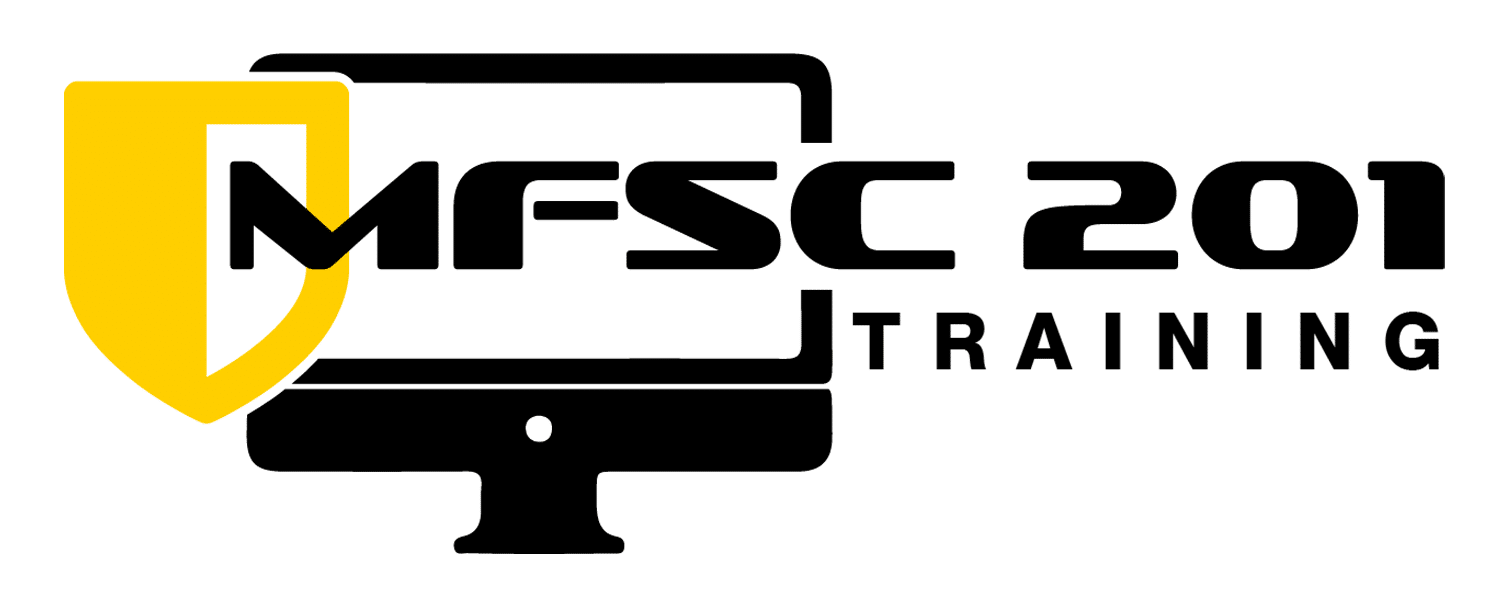

Choosing Your Forensic Training Path: Vendor-Neutral vs. Product-Specific
In the rapidly evolving domain of digital forensics, the decision between vendor-neutral and product-specific training is one of the most significant choices professionals can make. The pathway you choose can profoundly influence your skills, adaptability, and career trajectory. Understanding the strengths and limitations of each training approach is crucial for making an informed decision that aligns with your professional goals.
The Foundation of Vendor-Neutral Training
At its core, vendor-neutral training is about mastering the fundamental principles, methodologies, and best practices of a field, without focusing on any particular tool or software. In digital forensics, this approach aims to provide a comprehensive understanding that transcends specific products, giving professionals the flexibility to apply their knowledge across a variety of tools and technologies.
Key Benefits of Vendor-Neutral Training
- Strong Conceptual Foundation: Vendor-neutral training offers a robust understanding of digital forensic principles. This comprehensive education goes beyond tool-specific functions, enabling you to approach forensic challenges with a well-rounded perspective. A deep grasp of core concepts equips you to think critically and solve complex problems, regardless of the tools at your disposal.
- Adaptability in a Changing Ecosystem: The digital forensics landscape is continually evolving. New types of digital artifacts, operating systems, and data storage methods emerge regularly, requiring forensic professionals to stay current. Vendor-neutral training provides the knowledge and skills needed to adapt to these changes, ensuring that you remain effective in your work even as the tools you use evolve.
- Preparedness for Tool Failures: While digital forensic tools are powerful, they are not infallible. Tools can fail, and updates may lag behind the latest technological advancements. With a solid conceptual foundation from vendor-neutral training, you are better equipped to handle scenarios where tools fall short. This enables you to continue your investigations effectively, even when faced with unforeseen challenges.
- Expertise and Credibility: Vendor-neutral training is often delivered by experienced professionals who have a deep understanding of the field. This training enhances your expertise in digital forensics, making you a more credible professional. This credibility is particularly important when testifying in court, where a thorough understanding of forensic principles can be as crucial as tool-specific knowledge.
The Value of Product-Specific Training
While vendor-neutral training provides a broad and solid foundation, product-specific training is designed to make you proficient in particular tools or software. This type of training focuses on the practical aspects of using specific products, often required in day-to-day forensic work.

Key Benefits of Product-Specific Training
- Practical Application: Product-specific training is essential for mastering the tools and software you use in your daily work. By focusing on a specific product, this training ensures that you can leverage the full capabilities of the tool, maximizing efficiency and productivity.
- Optimized Workflows: Product-specific training often introduces advanced features and workflows that may not be covered in vendor-neutral courses. These optimized workflows can significantly enhance the speed and accuracy of your forensic examinations, providing you with a competitive edge in your work.
- Credentialing: Many digital forensic tools offer certifications that validate your proficiency with their products. These certifications can enhance your resume, demonstrating to employers that you are skilled in industry-standard tools. However, it’s important to note that these credentials often reflect tool-specific expertise rather than a broad understanding of forensic concepts.
The Strategic Advantage of Vendor-Neutral Training
While both vendor-neutral and product-specific training have their merits, vendor-neutral training is often the better long-term investment for digital forensics professionals. It offers a sustainable and versatile foundation that prepares you for the future challenges of the field.
- Holistic Skill Development: Vendor-neutral training fosters a deeper understanding of forensic principles, allowing you to address a wider range of challenges. This holistic skill development enables you to apply your knowledge across different tools and methodologies, making you a more versatile professional.
- Greater Professional Flexibility: As technology advances, new tools and techniques will emerge. Those with a strong conceptual background from vendor-neutral training will find it easier to adapt to these changes. This flexibility allows you to transition between different products and methodologies without being constrained by your previous tool-specific knowledge.
- Enhanced Professional Credibility: In the legal field, where digital forensics plays a critical role, expertise in forensic principles is invaluable. Vendor-neutral training emphasizes this expertise, enhancing your credibility as a professional. This credibility is particularly important when you need to testify in court, where your understanding of forensic concepts can be scrutinized.

Case Study: SUMURI’s Commitment to Vendor-Neutral Training
To illustrate the value of vendor-neutral training, consider the approach taken by SUMURI, a company well-known for its contributions to the digital forensics community. While SUMURI develops and sells forensic software, they have chosen to prioritize vendor-neutral training over tool-specific training in their educational offerings.
SUMURI’s Macintosh Forensic Survival Courses (MFSC) are a prime example of how vendor-neutral training can be effectively implemented. These courses are designed to provide a thorough grounding in digital forensic principles, with a specific focus on Macintosh systems. The training covers core forensic concepts, artifact analysis, and practical exercises that reflect real-world scenarios.
What sets SUMURI’s training apart is its emphasis on adaptability and long-term skill development. By focusing on the underlying principles of digital forensics, SUMURI ensures that their students are well-prepared to handle a wide range of challenges, regardless of the tools they use. This approach reflects SUMURI’s belief in the importance of building a strong, adaptable foundation for forensic professionals, rather than limiting their education to specific tools.
Conclusion
Choosing between vendor-neutral and product-specific training is a significant decision for any digital forensics professional. Both types of training offer distinct benefits that can help you advance in your career, depending on your specific goals and the demands of your work. Vendor-neutral training provides a broad understanding of fundamental forensic principles, offering adaptability and a strong conceptual foundation that can be applied across various tools and technologies. This type of training is ideal for those who seek to develop a versatile skill set that can evolve with the field.
On the other hand, product-specific training is invaluable for professionals who need to master the tools and software used in their daily work. This training allows for immediate practical application and can enhance efficiency and productivity with specific tools. SUMURI’s approach to prioritizing vendor-neutral training in their Macintosh Forensic Survival Courses is one example of how organizations can focus on building a comprehensive education that supports long-term professional growth. However, the right choice ultimately depends on your career goals, the tools you use, and the specific challenges you face in your work.
When considering your training options, reflect on what will best meet your needs—whether it’s a solid foundation that allows for flexibility or specialized knowledge that enhances your efficiency with certain tools. Both paths have their own merits and can play a crucial role in your success in the dynamic field of digital forensics.
- By admin-SUMURI
- Categories: Blog


Why Use a Mac for Mac Forensics








